Indigenous voice to parliament will compel governments to Close the Gap

It is important to know what all governments in Australia have agreed is needed in dealing with Indigenous issues. As The Australian wrote in a recent editorial, the report underpins a key argument of many on the Yes side, namely, that greater Indigenous participation is the key to better outcomes. That argument should not be contentious.
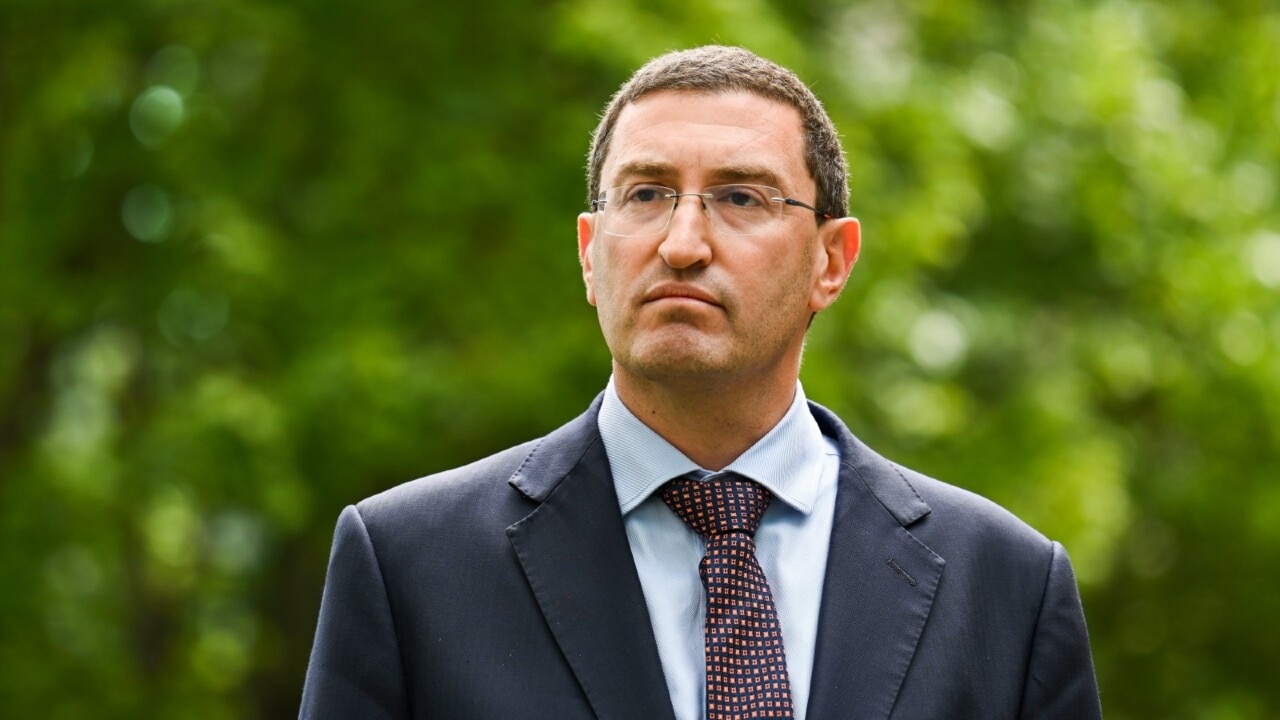
Every government, no matter its political persuasion, signed on to the National Agreement on Closing the Gap in 2020. It might lower the heat and improve the accuracy of debate if all participants read that agreement and note the signatures of a Liberal prime minister, three Labor premiers, three Coalition premiers and two Labor NT chief ministers.
What they signed up to reflected what they – and all of us involved in these issues – know we have learned from the past.
Away from the highly politicised referendum debate there is surprising unanimity about how governments should deal with their Indigenous citizens.
The agreement states: “This agreement arises from a commitment from all Australian governments and Aboriginal and Torres Strait Islander representatives to a fundamentally new way of developing and implementing policies and programs that impact on the lives of Aboriginal and Torres Strait Islander people. It fulfils the commitments made in the historic partnership agreement on Closing the Gap (partnership agreement) which commenced in March 2019 and signalled a new way of working to Close the Gap.” It goes on to say that this agreement also stems from the belief that when Aboriginal and Torres Strait Islander people have a genuine say in the design and delivery of services that affect them, better life outcomes are achieved.
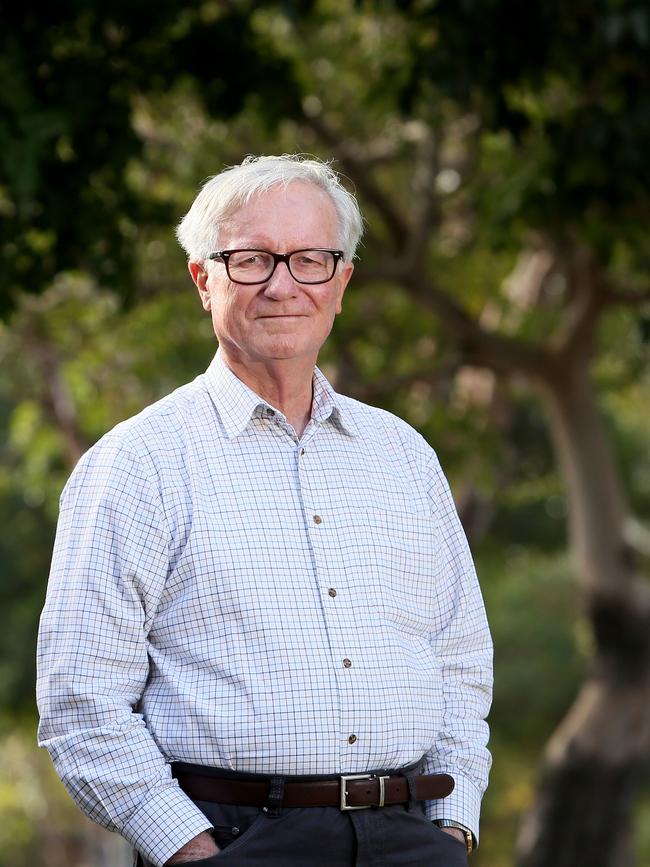
Importantly – and this is relevant to the issue of enshrining this principle in the Constitution – the agreement goes on to say “it recognises that structural change in the way governments work with Aboriginal and Torres Strait Islander people is needed to Close the Gap”.
That is the difficult part for governments. Despite the rhetoric of working as partners rather than as bosses, it’s hard for them to face up to the need to change the way governments work. To face up to the fact that the fault is, in large measure, as much with how they do business with the Indigenous people, who are so often conveniently blamed for failure.
While greater Indigenous participation is key to better outcomes, as the paper recently editorialised, it is more fundamental to break the inertia that resides within a bureaucracy that appears more interested in self-preservation than in responding to the needs of the Indigenous communities and taxpayers it is supposed to serve.
To blame bureaucrats and accuse them of inertia is to ignore that they are the servants of government and their key obligation is to operate within the rules. The shambles of the Robodebt disaster is a reminder of the importance of the rule of law in public administration. In the Indigenous area, public servants have long been fed the rhetoric of new co-operative approaches without any serious attempt to ensure that they may lawfully adopt these new approaches. What all governments agreed in 2019 and again in 2020 is that governments would be sharing decision making with Aboriginal and Torres Strait Islander people.

The duty statements of public servants and their accountability to their departments and to the parliament require them to operate within departmental guidelines and laws. It is the structural impediment of the status quo administrative arrangements which ensures that it will be business as usual, whatever the rhetoric.
They acknowledged this would require an unprecedented shift in the way governments work, encompassing shared decision making on the design, implementation, monitoring and evaluation of policies to improve life outcomes for Aboriginal and Torres Strait Islander people.
These are not Labor Party statements, but statements signed up to by all governments of all persuasions, in all jurisdictions. It is incredibly difficult for governments to live up to the commitments they have made because they have to adjust the accountabilities under which public servants operate and give them the real authority to act as partners rather than as administrators or bosses. Public servants delivering government policy will do so within their legal and accountability frameworks, as they must. It is for the executive and parliament to enable them to make the transition from rhetoric to genuine and sustainable practice by providing them with the legal and administrative structures to facilitate the transition from bosses to becoming partners with Indigenous communities.
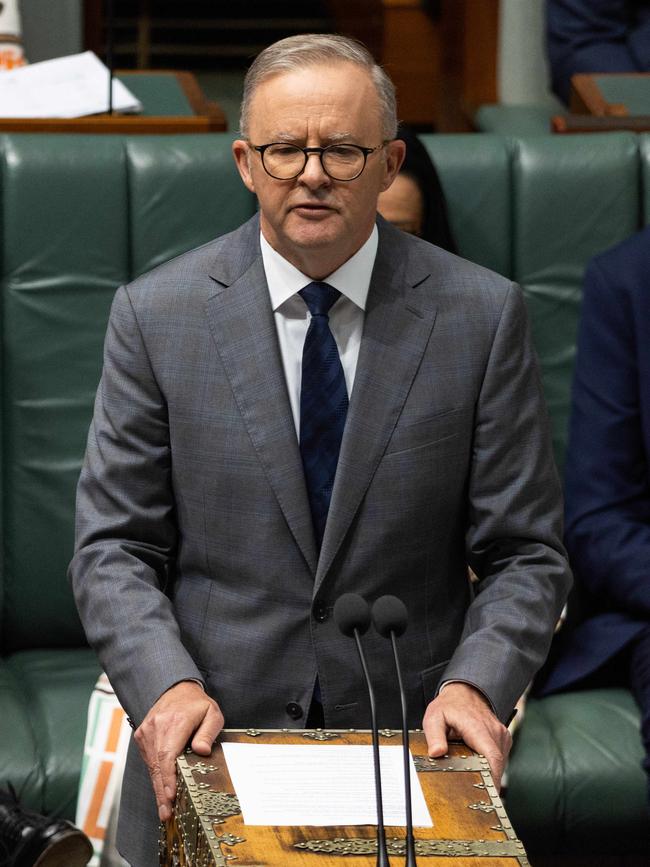
Those who continue to believe the way forward is to insist on assimilation so that Aboriginal and Torres Strait Islander cultures do not get in the way of progress, should reflect on the fact that all governments have already agreed, on the basis of learned experience, that strong Aboriginal and Torres Strait Islander cultures are fundamental to improving life outcomes for Indigenous people.
The Productivity Commission has reported on the failure of governments to live up to the partnering they committed to. Getting governments to behave as partners and not as bosses represents a major challenge to all governments. Having in the Constitution the notion that governments should listen before they act is a necessary corrective to the customary arrogance that we always know best. That’s the way we’ve always behaved and it hasn’t worked. That’s why all governments signed up to a new way of working. But you can’t be in partnership with people you cannot hear.
That is what the referendum is about. It is putting in place a permanent reminder to governments and parliament that real partnerships require that they need to listen before they act.
Fred Chaney was minister for Aboriginal affairs in the Fraser government. Bill Gray is former commonwealth secretary, Department of Aboriginal Affairs.

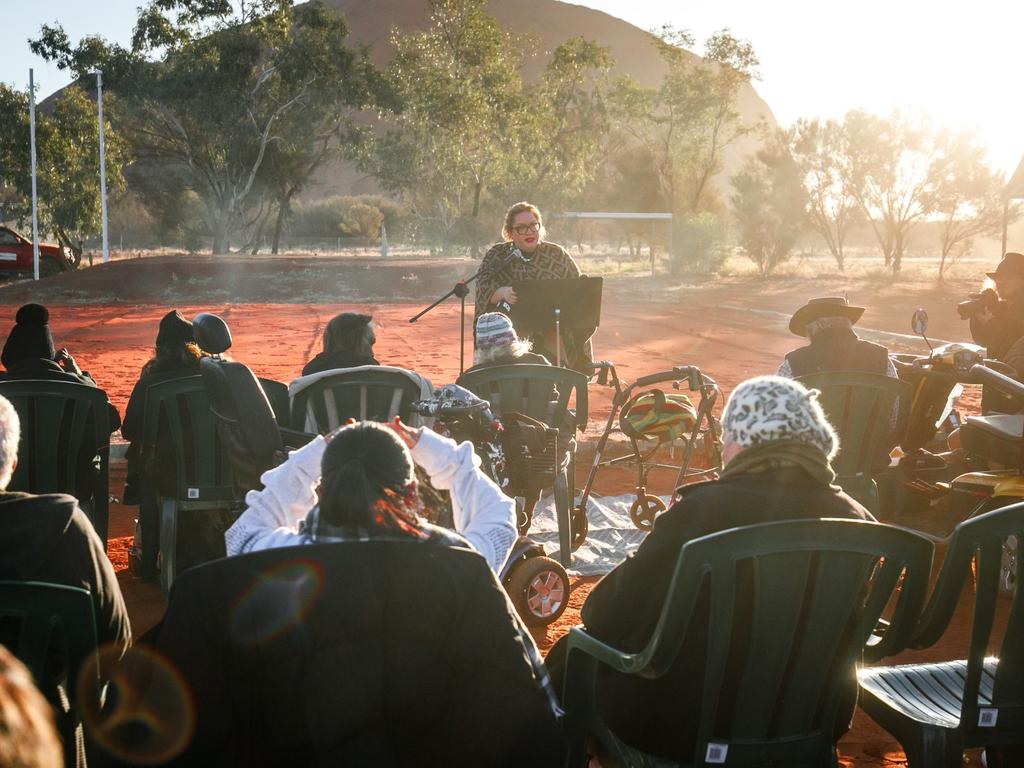
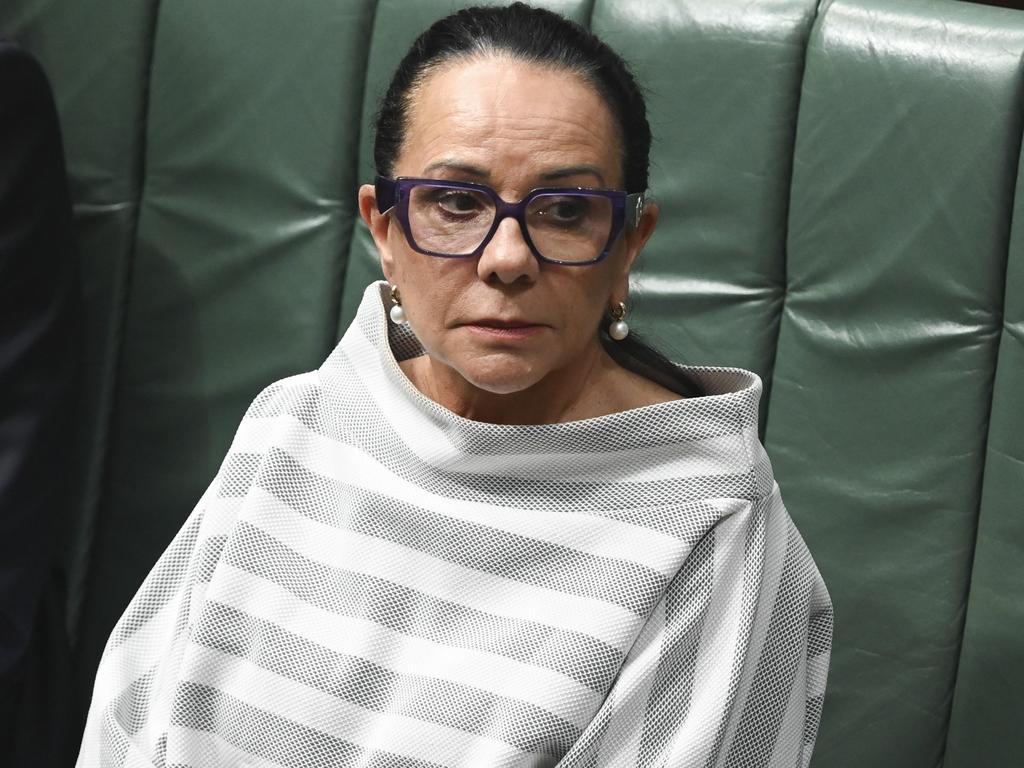
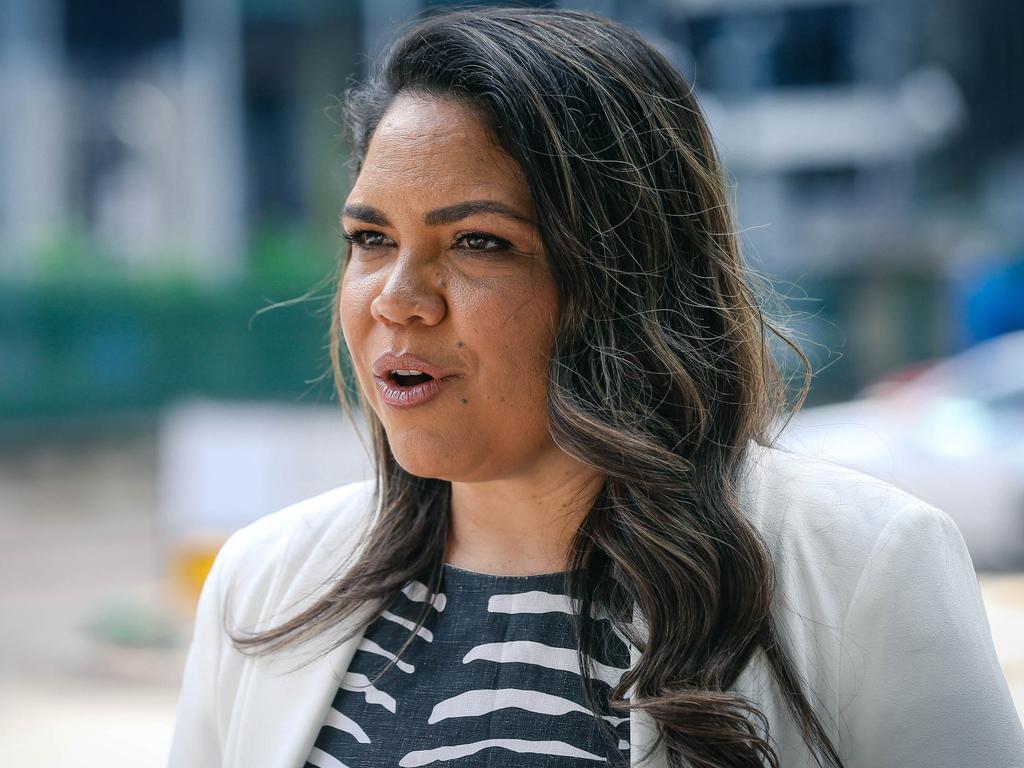
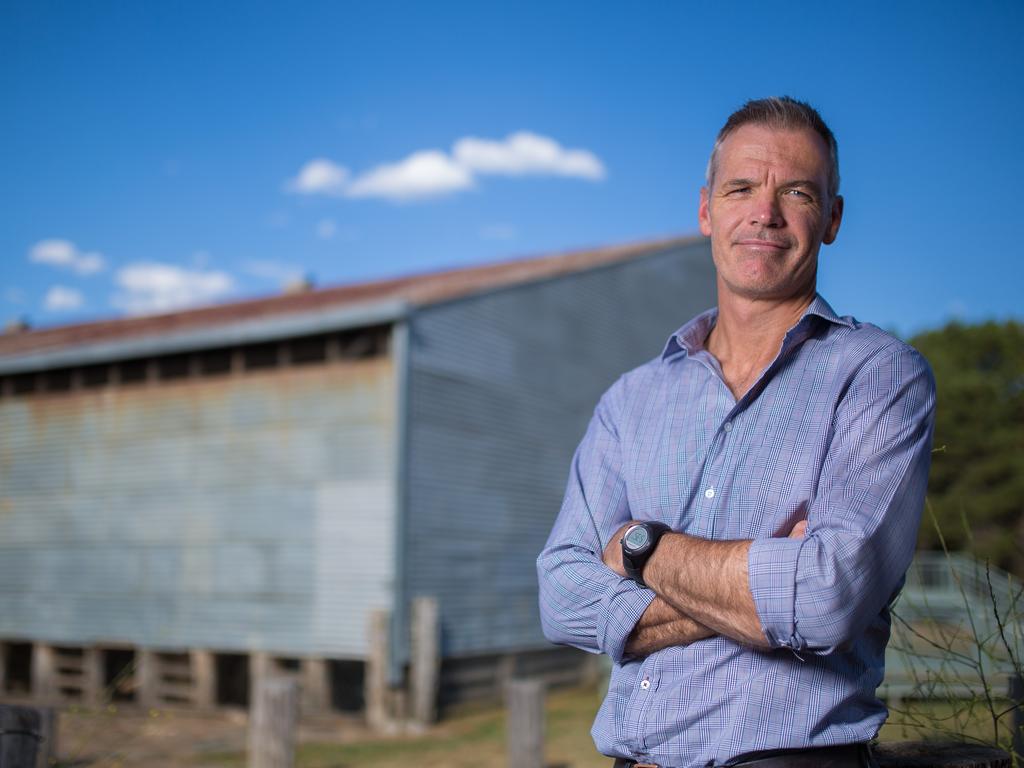


The Productivity Commission report handed down last week serves as a reminder of what the voice referendum is really about. To quote this newspaper’s reading of the report, an independent Aboriginal-led watchdog, with broad remit and extensive powers is needed to deal with government’s failures to reduce the disparity between Indigenous and non-Indigenous Australians.